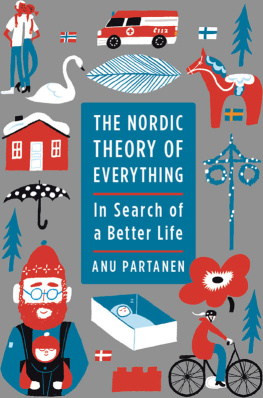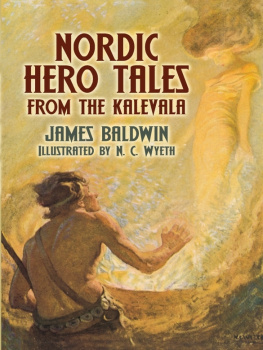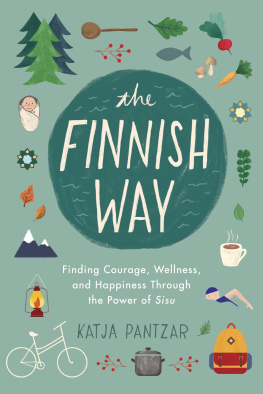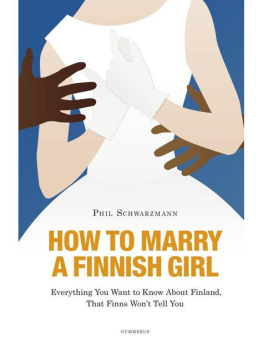B ill Clinton was leaning back, gazing over the rims of his glasses into space. One of his hands held a microphone, the other hand was poised in midair with fingers spread wide. For a brief moment silence descended on the packed ballroom.
When Clinton spoke, he addressed the woman with orange hair sitting next to him on the stage. Theres a huge debate going on in America now, he said. It was September 2010, nearly two years since the financial crisis began. Clinton paused again, his hand now falling and dangling. About what it takes to be a successful country in the twenty-first century. This debate is also going on in many other countries around the world. Clinton looked out at the audience. Theres a lot of shaken confidence.
Sitting on the other side of the stage from Clinton was a panel of luminaries from the highest ranks of the American elite. There was Eric Schmidt, the chairman of Google. There was Melinda Gates, cochair of the multibillion-dollar Bill and Melinda Gates Foundation. And there was Bob McDonald, at the time CEO of the multinational corporation Procter & Gamble. But Clinton wasnt talking to any of them. He was totally focused on the orange-haired woman next to him.
How would you advise people everywhere, Clinton asked her, not to look in the past and blame the past, but just to figure outwake up tomorrow morning and figure outwhat in the living daylights are we going to do now?
His focus growing more intense, Clinton swiveled his chair away from the audience and pointed himself directly at the woman, his hand jabbing the air like a karate chop as he continued.
How do we decide what government should do? What the private sector should do? How to design a tax system? He spun back to face the crowd as he went on. How to design our relationships with the rest of the world? How to define our obligations to poorer countries? How do you run your business? How would you advise all these people to go back home and start?
Clinton lowered the microphone, crossed his arms, and peered over his glasses at the woman with orange hair.
Thanks, she said, giving Clinton a look. Simple question.
The crowd laughed, and then she began to talk, doing her best to respond to Clintons daunting interrogation, to the worries and fears that seemed to be on the minds of everyone in the audience.
It was a Tuesday morning at the Times Square Sheraton Hotel in New York City, where the Clinton Global Initiative Conference was under way. More than a thousand people from ninety countries on six continents had traveled there to brainstorm ways to secure a better life for the worlds citizens in the twenty-first century. Many of the attendees were current or former heads of state, business leaders, or executives of nongovernmental organizations.
When Clinton had walked onto the stage an hour earlier to welcome the audience and commence the proceedings, he looked well. Hed slimmed down a bit since his years as president of the United States, and though he was visibly aging, he was dressed sharply in a patriotic ensemble of dark blue suit with white shirt and red tie. Relaxed and confident, he had introduced the panelists, including the woman with orange hair. Hed listed her professionlike him, she was a presidentas well as some of her other activities, before getting to the part that clearly animated him the most.
And, Clinton had said, this woman has a country that consistently finishes in the top five in all global rankings on the quality of education, the way the economy works, the distribution of wealth, and opportunity.
Those were accolades that, not long ago, might have been associated with the worlds best-known and most robust countriesperhaps the United States, perhaps Japan, perhaps Germany. But this woman, dressed in a simple beige pantsuit, whod been invited by the former leader of the free world to share the stage with the globes most influential titans of technology, industry, and philanthropy, was Tarja Halonen, and she was the president of a much more modest nation, tucked high in the northeast corner of Europe next to the Arctic circle: Finland.
By then Finland had been garnering worldwide admiration for a decade, and now the attention was exploding. It had all started with excitement over the educational achievements of Finlands children. On international surveys Finnish teenagers had ranked at or near the top in reading, math, and science from the year 2000 on. Delegation after delegation from other countries had started making pilgrimages to Finland to visit Finnish schools and talk with Finnish education experts. Soon people around the world were talking about the Finnish education miracle.
Then, just a month before the Clinton conference, Newsweek had published the results of a survey it had conducted of nations around the globe. The magazine had set out to answer a question that, in its own words, was at once simple and incredibly complexif you were born today, which country would provide you the very best opportunity to live a healthy, safe, reasonably prosperous, and upwardly mobile life? It defined five categories that measured national well-beingeducation, health, quality of life, economic competitiveness, and political environmentand compared a hundred nations on these metrics. The result came as something of an unpleasant surprise to the United States and other major powers that might have expected to be at the top. Newsweek declared that for a person starting out his or her life at the beginning of the twenty-first century, the best country in the world was Finland. The United States did not even place in the top ten, coming in at number eleven.
The accolades for Finland continued in the months and years to come. The international lifestyle magazine Monocle ranked Finlands capital, Helsinki, as the most livable city in the world, while the World Economic Forums Global Competitiveness Report listed Finland as the fourth most competitive country in the world in 2011a ranking that actually went up to number three the following year. The Organization for Economic Cooperation and Development (OECD) declared Finland the worlds fourth-best country for work-life balance. The European Unions Innovation Scoreboard named Finland one of EUs top four innovation leaders.
The United Nations even set out to measure the seemingly unmeasurable: happiness. When, in the spring of 2012, the World Happiness Report rolled off the presses, Finland had achieved nearly the ultimate ranking, securing a spot as the second-happiest nation on earth. In addition, flanking Finland in the first- and third-happiest spots were two of its close neighbors in the Nordic region: Denmark and Norway.
While gloom and doom rolled across southern Europe as the euro crisis swept the land, the Financial Times published a special report on Finland titled Rich, Happy and Good at Austerity. Meanwhile, there was one global ranking in which Finland came in dead last: the Failed States Index. According to the Fund for Peace, Finland was the least fragile nation in the world. There was icing on the cake, too, when it came to Finlands international reputation: Probably the worlds most popular mobile video game, Angry Birds, was the brainchild of programmers in Finland.
Perhaps the biggest shocker, though, came in May 2012, when a politician in Britain, which had long been Americas oldest and closest friend in Europe, uttered a comment that would have been unthinkable at any point in the previous hundred years: Ed Miliband, the leader of the British Labour Party, was attending a conference on social mobility, where experts butted heads over the question of whether people around the world were achieving a better life than their parents. For decades, if not centuries, the country that had best secured a persons opportunity for upward mobility had been the United States. No longer, said Miliband. If you want the American dream, Miliband quipped at the conference, go to Finland.











